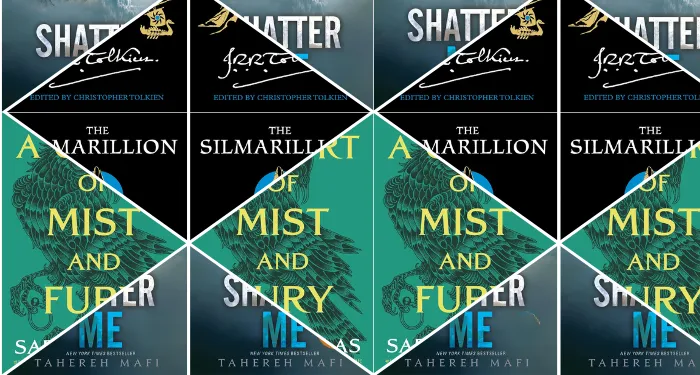
10 of the Most Polarizing Fantasy Books Ever Written
Fantasy often requires a big investment of time, concentration, and imagination from both authors and readers. Books in a series can end on cliffhangers but get published years apart. So, it’s no wonder that many fantasy novels are polarizing, with readers either loving or hating them. I tend to finish reading books I dislike or disagree with because I almost always like some aspects or learn from them. When I dislike a book, I usually understand why some readers love it and vice versa. I’m against book banning, review bombing, and harassment.
Books can be divisive because of their styles, controversial subjects, or for just not meeting readers’ expectations. Reviews for hyped books are often overwhelmingly positive at first, leading to disappointment. Because so many bestselling fantasies are by white authors and influenced by Western Europe, books by authors of color are often held to impossible standards.
Age categories are also factors. Readers often incorrectly assume popular New Adult fantasy books are YA. This can lead to backlash. New Adult series, which weren’t written for readers under 18 in the first place, get maligned as inappropriate for kids.
All the books below are very popular. Many are the authors’ first or most ambitious books or their attempts to branch out. They inspire strong feelings and varied interpretations. Judging from professional reviews, personal blogs, Goodreads, or Amazon, many people consider these books the best or the worst fantasy books ever.
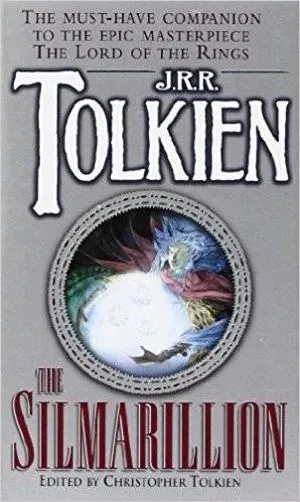
The Silmarillion by J. R. R. Tolkien, edited by Christopher Tolkien and Guy Gavriel Kay
First published in 1977 after J. R. R. Tolkien’s death, this is a collection of myths and histories from Middle-earth that Tolkien worked on for decades. Depending on whom you ask, it’s essential and even more rewarding than The Lord of the Rings — or not worth the read. Some readers find the style dry and inaccessible. It received mostly negative reviews when it was first published. Today, though, The Silmarillion has found a new audience. Tolkien scholars and fans analyze his work online. Some of its fascinating lore inspired the streaming series The Lord of the Rings: The Rings of Power on Amazon Prime.
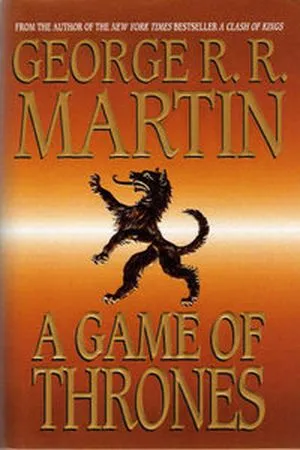
A Game of Thrones by George R. R. Martin
The first book of this epic fantasy series has imaginative, memorable world-building and characters, including complicated, disabled characters. Series with several nuanced disabled characters were much rarer in 1996 than today. It’s also received lots of criticism. The depictions of fantasy races, especially the Dothraki, are full of racist stereotypes. It’s also frequently cited as an example of male authors writing female characters in objectifying, sexist ways. The books and their hit HBO adaptation were also frequently criticized for gratuitous scenes of graphic violence.
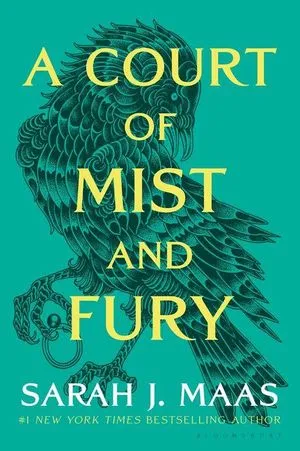
A Court of Mist and Fury by Sarah J. Maas
This is the second book of Maas’s extremely popular series, A Court of Thorns and Roses (ACoTaR). Human Feyre Archeron’s immersive journey into the lands of the Fae begins with loose retellings of Beauty and the Beast and Tam Lin. Both of Feyre’s main love interests from Book 1 are abusive. However, the series pivots in Book 2. A character who abused Feyre and was her antagonist emerges as her idealized, fated “mate.” For many fans, this is when they fall in love with the series and its relationships. I’m at the opposite extreme, and many of us have criticized the narrative’s rationalization of manipulation and abuse.
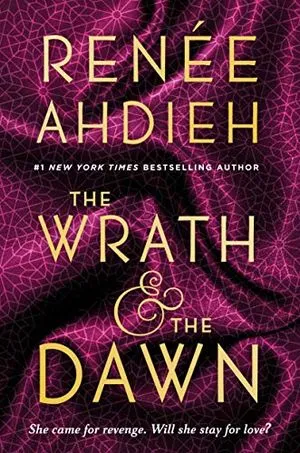
The Wrath & the Dawn by Renée Ahdieh
Kirkus called this retelling of the story of Scheherazade from One Thousand and One Nights “lush, hypnotic, swoony.” Many fans praise this novel and find it romantic, but I can’t agree. Like the king in the original tale, Khalid has murdered all his previous wives, including Shahrzad’s cousin. According to some interpretations, Khalid is also a rapist. He’s a complex character with his own traumas, but that doesn’t make him or the central relationship any less dangerous or problematic.
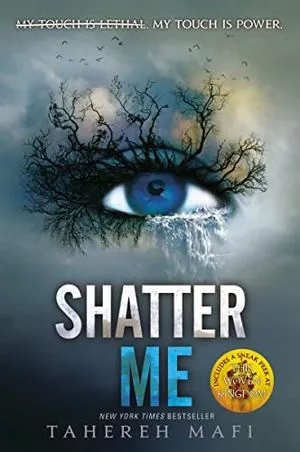
Shatter Me by Tahereh Mafi
In this first book of the Shatter Me series, Juliette’s touch can be deadly, which makes her an outcast and a weapon. Fans love this book’s unique premise and writing style, with crossed-out passages representing subtext or Juliette changing her mind. Some professional reviewers found its figurative language cliché. This novel came at a time when many readers enjoyed dystopian YA fiction with love triangles, while other readers were tired of these trends and found the market over-saturated.
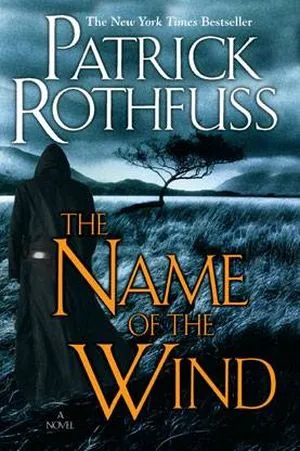
The Name of the Wind by Patrick Rothfuss
This is the first book of the projected trilogy, The Kingkiller Chronicle. It also frequently appears on readers’ lists of the best — and the worst — fantasy books ever. George R. R. Martin and Ursula K. Le Guin praised it, and it has many enthusiastic fans. Negative reviews call the protagonist, infamous wizard Kvothe, an overly idealized “Gary Stu” character. Some readers criticize it for its lack of strong, complex female characters. As usual with this list, opinions of this book run the gamut from original and beautifully written to the opposite.
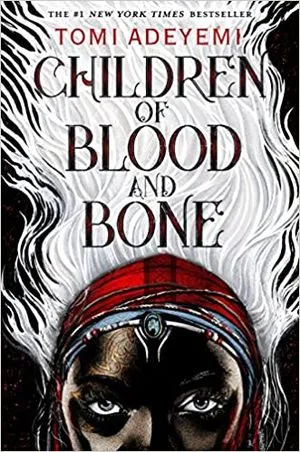
Children of Blood and Bone by Tomi Adeyemi
I love this novel, but I understand why some readers described the romance as instalove or found the pacing uneven. I thought the magic system and plot were so compelling that I couldn’t stop reading it. For some readers, this fell into the “overhyped” category. Kirkus wrote: “Powerful, captivating, and raw—Adeyemi is a talent to watch. Exceptional.” Many other readers and reviewers agreed.
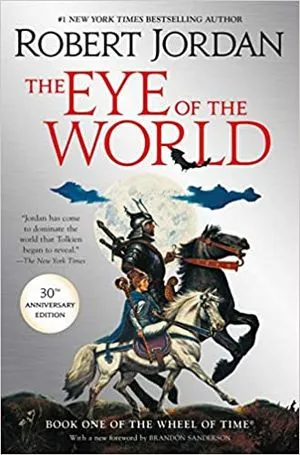
The Eye of the World by Robert Jordan
This is the first book of the 14-book series The Wheel of Time. Brandon Sanderson co-wrote the series’ last three novels after Jordan’s death. Reviews and Reddit discussions frequently call this either one of the all-time best or the worst high fantasy series. The streaming adaptation premiered on Amazon Prime in 2021. Negative reviewers say the novel combines fantasy clichés, from the chosen one and the epic battle between good and evil to sexist and racist tropes. Fans say that all epic fantasy is derivative, and they love Jordan’s approach to these timeless archetypes.
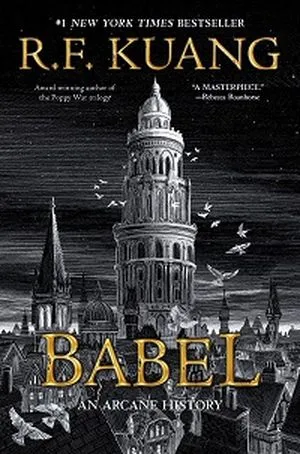
Babel: Or the Necessity of Violence by R. F. Kuang
I love R. F. Kuang’s novels, especially this one. Like many other readers, I found the story and magic system fascinating. Some reviewers thought it overly explained colonialism to readers. Because this is an alternate history fantasy novel, though, explaining the novel’s version of the British Empire is essential to its worldbuilding. Many readers also find the characters’ motives confusing, but I think they work in the context of the story.
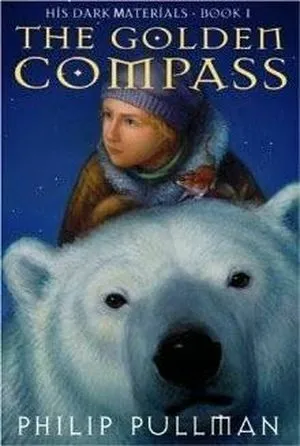
The Golden Compass by Philip Pullman
The first book of the trilogy His Dark Materials was published as Northern Lights in the UK and later adapted into a movie and a TV series. The parallel universe setting, the character of Lyra, and the concept of personal daemons are all original and engrossing. Its religious themes make it especially controversial and polarizing. Its message of questioning authority figures, particularly religious leaders, is crucial. However, in some readers’ interpretations, this trilogy crosses a line into totally different material: mocking Christian theological concepts or religious belief in general. Like many other fantasy series, it also draws on racist stereotypes to create fantasy races.
Want more polarizing literary opinions?
Here are YA books that divide critics and Goodreads reviewers and polarizing books from different genres.
Plus, what does “badly written” even mean?!












